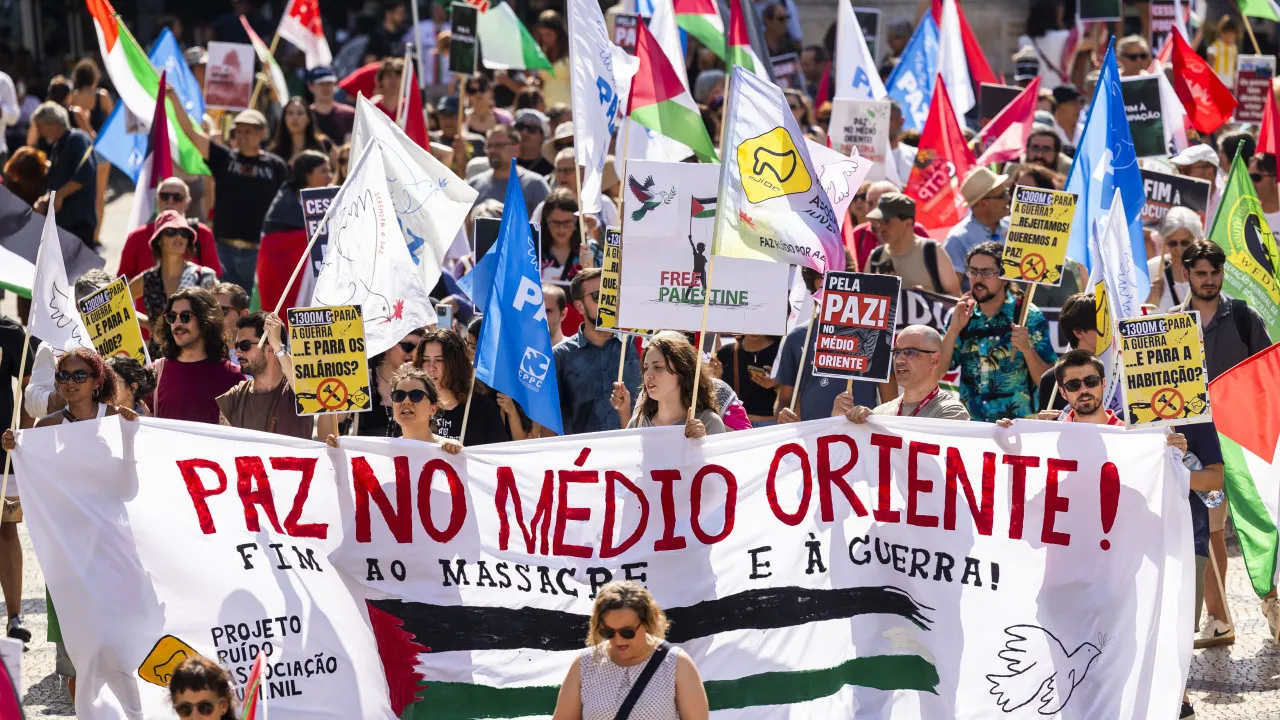On February 14, the UNi+ Program, promoted by Associação Plano i, to prevent dating violence in Portuguese higher education, presented the results of the reports recorded in the Dating Violence Observatory between 2017 and 2022.
The Dating Violence Observatory was created in 2017, under the first edition of the UNi+ Program to Prevent and Combat Dating Violence in Higher Education, promoted by the Plano i Association and co-financed by POISE.
This Observatory is an informal, confidential and anonymous reporting platform, with the purpose of mapping the phenomenon in Portugal, uncovering situations of victimization not identified by formal reporting mechanisms. This denunciation may be made by current or former victims of dating violence, but also by people who witness this victimization.
Five years after its creation, 440 reports have been received, which corresponds to an average of 73 reports per year, mostly reported by former victims of dating violence (47.5%) and 44.5% by witnesses, mostly psychologists and colleagues, from the area of Porto (39.1%), Lisbon (15.2%) and Braga (11.6%).
In what concerns the victims, 87.5% are women with an average age of 23, of Portuguese nationality (90.2%), students (58.6%), and the victimization occurred in a heterosexual relationship (84.5%). The aggressors, in 88.9% of the reports, were identified as men, with an average age of 24 years, most of them (56.8%) in a current dating relationship with the victim and 42% in past relationships.
Noteworthy is the high prevalence of emotional (84.8%) and verbal (83.6%) violence, but also physical violence, present in almost half of reported cases (49.5%), with 18.9% of victims having recourse to medical treatment. In 3.4% of the cases, attempted homicide was reported. Sexual victimization, present in almost ¼ of the cases (23.4%), should also be noted. As a result of the various types of violence, often perpetrated simultaneously, the impacts on the victims are diverse – in 63.9% of the situations the victims were quite affected psychologically, in 41.8% quite affected socially, and 12.5% quite affected physically.
As causal attribution of violence, consistent with other data, jealousy comes first (66.1%), followed by (alleged) mental problems of the perpetrator (36.8%) and conduct of the victim (17.7%). In 76.6% of the reported cases there was no formal complaint (public crime, according to Art.152 of the Portuguese Penal Code) and in half of the cases (50.5%) the victims dealt with the situation alone, or with friends (48.6), and only 12.7% resorted to victim support structures.




